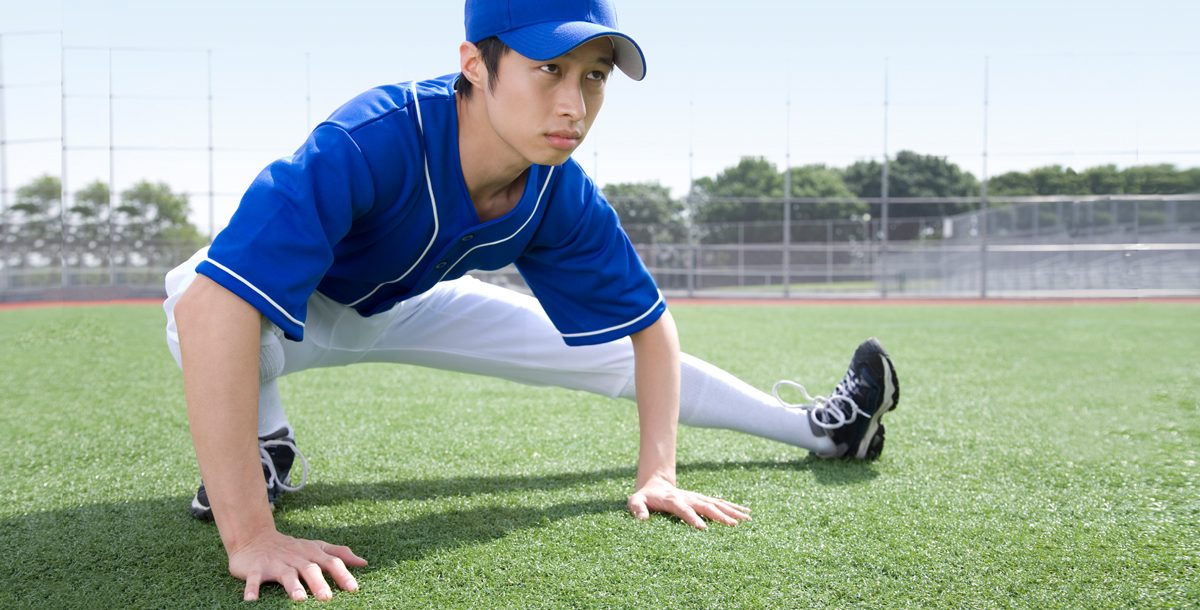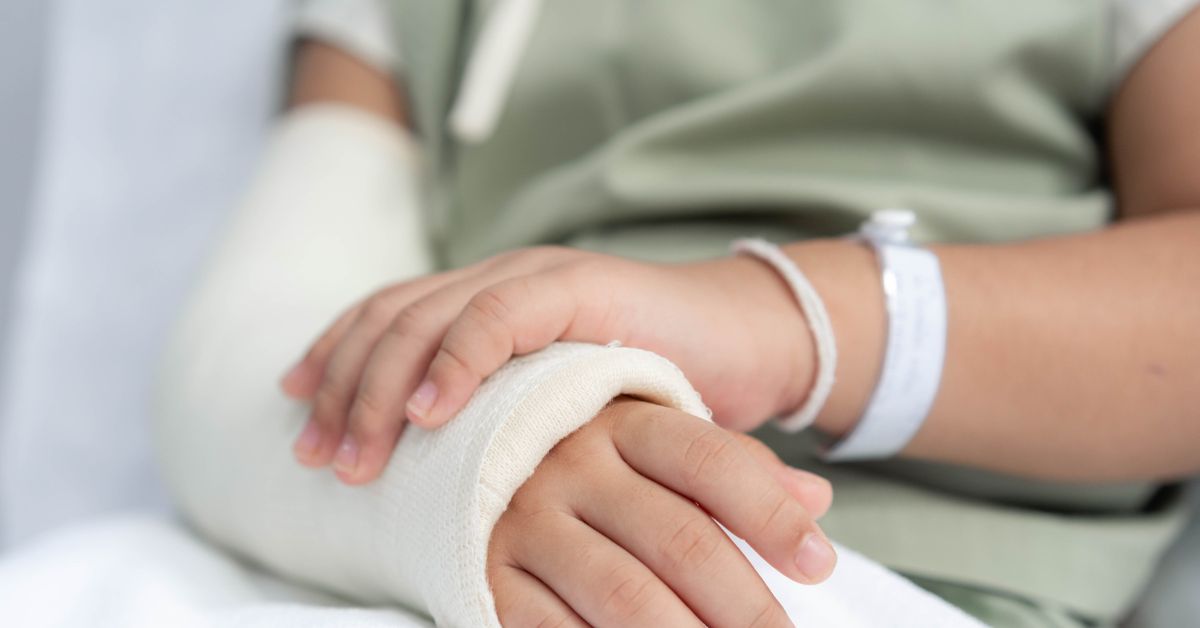Baseball season is here! Mercy Health offers the following tips to help you enjoy America’s favorite pastime in good health and avoid baseball injuries.
Start with a Warm-Up
A proper warm-up is vital to staying healthy, no matter what sport you play. It’s especially important for young baseball players, who are vulnerable to shoulder and elbow injuries. Many of these injuries are due to micro-trauma arising from repetitive throwing. This problem is exacerbated by the number of games played during the traditional baseball season as well as the newly popular fall and winter leagues. An increase in games leads to an increase in the total number of throws throughout the year, putting shoulders and elbows at risk for injury.
A good warm-up to avoid baseball injuries includes:
- Jogging for five minutes
- Dynamic stretching of the upper and lower body
- Strength exercises for the shoulder
- Starting throws at a close distance with a gradual progression in distance
Pitch Perfect
Players should always use proper mechanics and focus on location when throwing.
To avoid baseball injuries, coaches should consider the following:
- Gradually progressing pitchers to the higher end of their pitch count as the season progresses
- Have players see a physician and stop throwing if they experience any shoulder or elbow pain
- Avoid putting the pitcher in as a catcher
- Rotate players to other positions throughout the season
- Encourage players to let you know how their arms are feeling
- Emphasize control, accuracy and good mechanics
- Adhere to your league pitch count rules and have adequate rest days
Age / Max Pitch Count / Rest Days:
- 7-8 / 50 / 2
- 9-10 / 75 / 4
- 11-12 / 85 / 4
- 13-16 / 95 / 4
- 17-18 / 105 / 4
Pitchers should:
- Never return to the mound after coaches have removed them from a game
- Avoid pitching on multiple teams with overlapping seasons
- Not pitch with pain
- Not pitch on consecutive days
- Master the ability to locate their fastball before learning other pitches
All players should avoid playing year-round baseball. They should seek the advice of a sports medicine doctor or athletic trainer if they have any questions about injuries and proper training. Athletes should always see a physician immediately if experiencing elbow, shoulder or arm pain during or after throwing.
Concussion Concerns
In addition to shoulder and elbow injuries, concussions can occur in baseball. A concussion is an injury to the brain. Concussions in baseball can occur in a variety of ways, the most common of which is getting hit in the head with a ball or bat. Contact elsewhere on the body from a fall or player contact can lead to a concussion even if the player did not hit their head directly.
There are simple rules to follow if a player is concussed. Ohio law does not allow athletes to return to activity on the same day they experienced a concussion. Players are also not permitted to return to play until they have been cleared by a doctor.
Athletes should never return to play if they still have concussion symptoms. Returning to play too early may cause Second Impact Syndrome. This is when a second blow to the head occurs before the individual has completely recovered from their initial concussion. This second impact can cause brain swelling, possible brain damage, paralysis and even death.
After an incident, coaches should see if their players demonstrate any of the following signs of a concussion:
- Appears dazed or stunned
- Is confused about assignment
- Forgets plays
- Unsure of game, score or opponent
- Moves clumsily
- Answers questions slowly
- Loses consciousness
- Shows behavior or personality changes
- Can’t recall events prior to or after the injury
You may have a concussion if you experience any of the following symptoms:
- Headache
- Nausea
- Balance problems or dizziness
- Double or fuzzy vision
- Sensitivity to light or noise
- Feeling sluggish
- Feeling foggy or groggy
- Concentration or memory problems
- Confusion
Recovery and Rest
It’s important to have good eating habits and maintain a strengthening program on a weekly basis for the best results. The body also needs time to recover throughout and after the baseball season. The American Academy of Pediatrics recommends one day of rest during a sports season and at least three months off from any particular sport.
Rest can be the best treatment for a variety of baseball injuries too. Once a player’s injury has healed and their doctor has cleared them, they can start to work with a sports medicine specialist or athletic trainer to regain movement and strength. This will best prepare them to get back into baseball activities. Some injuries may even require surgical intervention to help correct the problem.
Learn more about the Sports Medicine services offered by Mercy Health.






